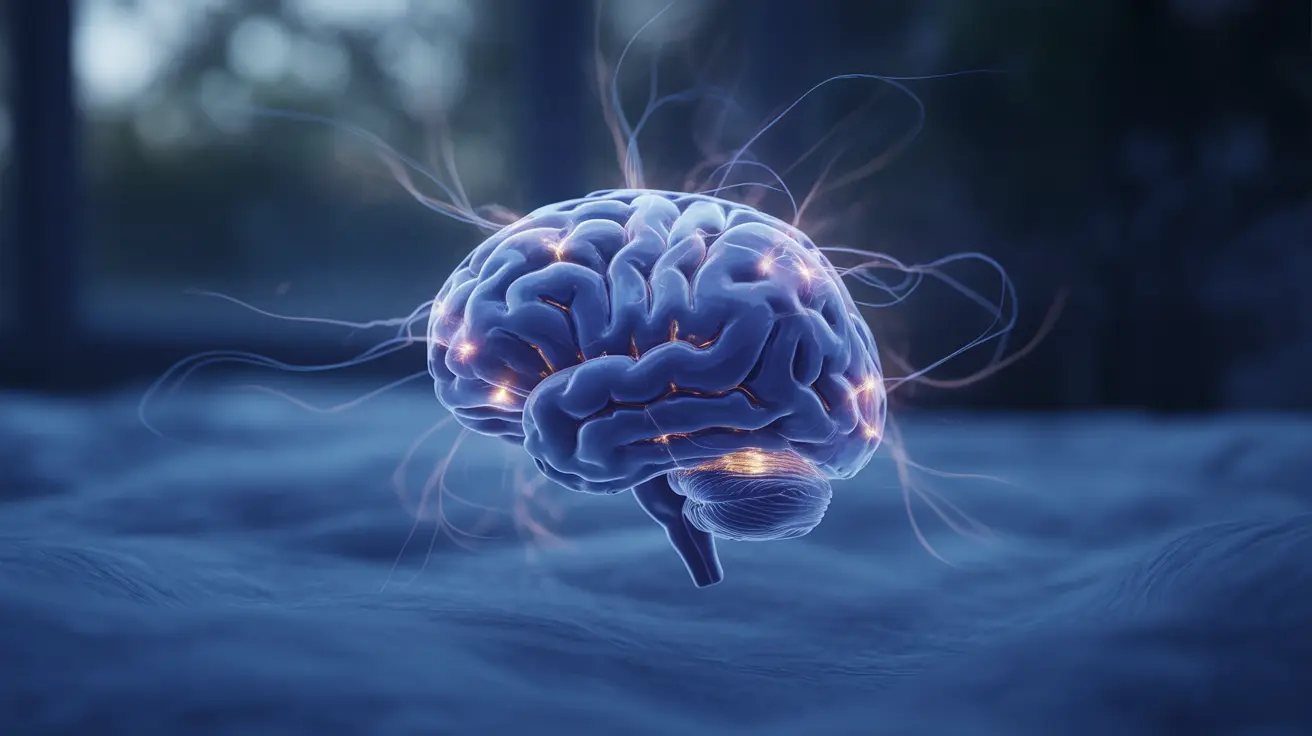Many people wonder whether it's possible to sneeze while sleeping, as sneezing seems to be an activity that only occurs during waking hours. This fascinating question touches on complex interactions between our body's reflexes and sleep mechanisms, offering insights into how our nervous system functions during different states of consciousness.
Understanding the relationship between sleep and sneezing not only satisfies our curiosity but also helps explain important aspects of our body's protective mechanisms and sleep physiology. Let's explore why sneezing during sleep is such a rare occurrence and what it means when we do experience nighttime sneezing.
The Science of Sneezing and Sleep States
During sleep, our bodies go through different stages, each characterized by unique patterns of brain activity and physical responses. These sleep stages significantly affect how our body responds to stimuli that would normally trigger a sneeze when we're awake.
In deep sleep and REM (Rapid Eye Movement) sleep, many of our normal reflexes are suppressed or significantly altered. This includes the complex reflex mechanism that produces a sneeze, making it extremely unlikely for someone to sneeze while in these deeper sleep stages.
How Sleep Affects Our Reflexes
During sleep, particularly in deeper stages, our brain becomes less responsive to external stimuli. This reduced sensitivity serves as a protective mechanism to maintain continuous sleep, but it also affects how our body responds to irritants that would typically trigger a sneeze.
The sneeze reflex requires coordination between multiple nerve pathways and muscles, which becomes impaired during sleep. This is why most apparent "sleep sneezing" actually occurs during transitions between sleep stages or when someone is partially awake.
Common Causes of Nighttime Sneezing
While true sleep sneezing is rare, many people experience sneezing during nighttime hours. Common triggers include:
- Environmental allergens in bedding
- Dust mites
- Pet dander
- Seasonal allergies
- Changes in room temperature
- Air quality issues
When Sneezing Is Most Likely to Occur
Sneezing is most common during these specific sleep-related periods:
- Just before falling asleep
- During brief arousal periods
- When transitioning between sleep cycles
- Upon waking in the morning
Managing Nighttime Sneezing and Sleep Quality
To minimize nighttime sneezing and improve sleep quality, several preventive measures can be helpful:
- Using hypoallergenic bedding
- Regular cleaning and dusting of the bedroom
- Maintaining optimal humidity levels
- Using air purifiers
- Keeping pets out of the bedroom
- Taking appropriate allergy medications as recommended by healthcare providers
Frequently Asked Questions
Can you really sneeze while you're sleeping, or does it only happen when you're awake or partially awake?
True sneezing during deep sleep is extremely rare. Most nighttime sneezing occurs during light sleep phases or when briefly awakening. The body's reflex mechanisms are significantly suppressed during deep sleep stages, making it nearly impossible to sneeze while fully asleep.
Why is it so rare to sneeze during deep or REM sleep, and what happens to your body's reflexes during these sleep stages?
During deep and REM sleep, the body's reflex responses are naturally inhibited. The brain becomes less responsive to external stimuli, and muscle activity is suppressed, particularly during REM sleep. This natural suppression of reflexes makes sneezing during these sleep stages extremely unlikely.
What causes nighttime sneezing, and why is it more common when waking up or falling asleep instead of in the middle of sleep?
Nighttime sneezing is typically triggered by environmental allergens, temperature changes, or irritants. It's more common during sleep transitions because our awareness of environmental stimuli increases during these periods, making us more responsive to potential sneeze triggers.
If you hear a child sneezing at night, does that mean they are fully asleep or just in a light sleep phase?
If you hear a child sneezing at night, they are likely in a light sleep phase or briefly aroused from sleep. Sneezing indicates some level of consciousness or semi-consciousness, as this reflex is typically suppressed during deeper sleep stages.
How can you reduce sneezing at night and minimize sleep disruption caused by allergies or nasal irritation?
To reduce nighttime sneezing, maintain a clean sleeping environment, use hypoallergenic bedding, keep pets out of the bedroom, and consider using air purifiers. Consulting with a healthcare provider about appropriate allergy medications can also help manage symptoms effectively.




